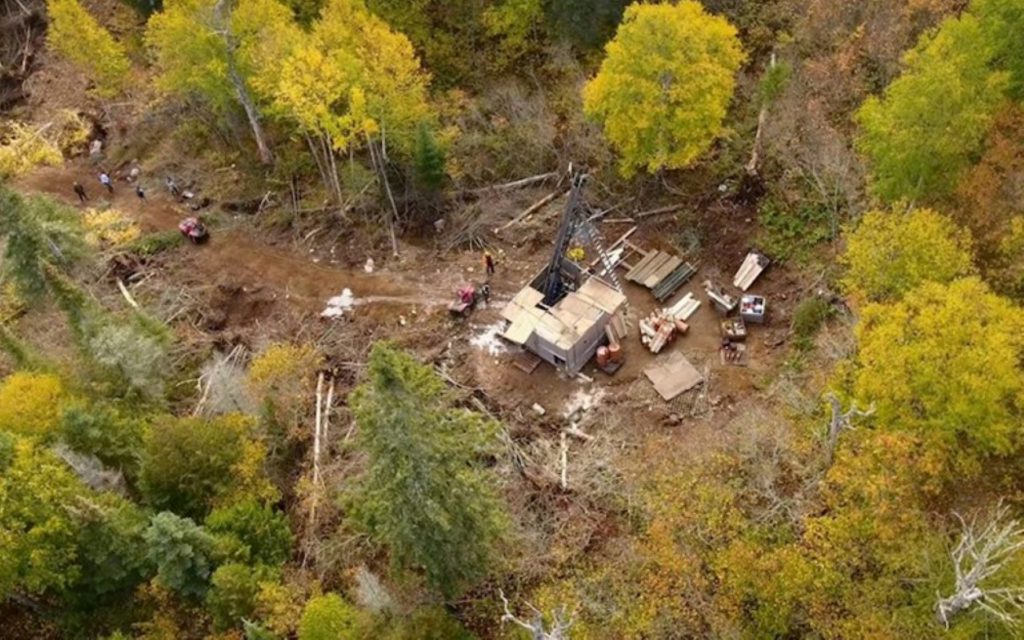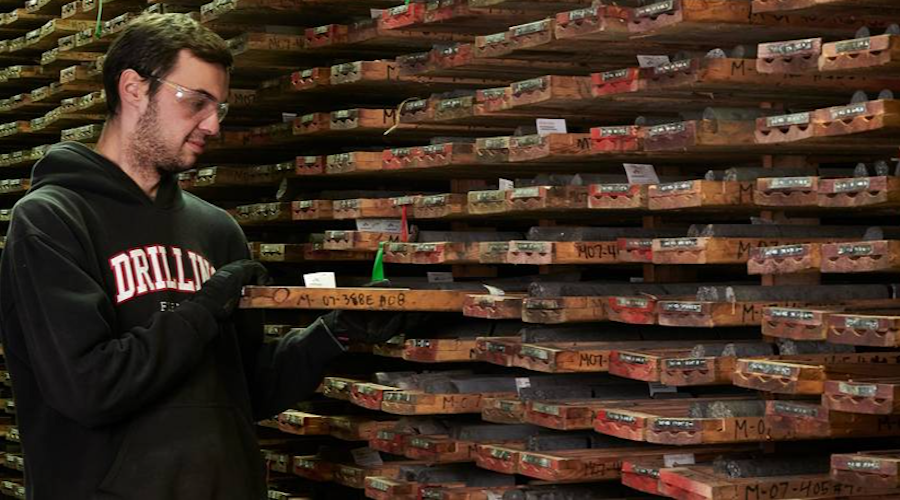Canada approves Marathon palladium mine environmental plan


Generation Mining’s (TSX: GENM) has received approval from the government of Canada for its Marathon palladium-copper project’s environmental assessment, as part of a country-wide strategy that seeks to boost production of metals and minerals considered key for the energy transition towards renewables.
The proposed mine, located 10 km from Marathon, Ontario, is expected to produce an average of 245,000 ounces of palladium equivalent production annually over an estimated 13-year mine life.
Platinum group metals, which includes palladium, platinum and rhodium, are key materials used in n the manufacturing of catalytic converters, which remove harmful chemicals from car exhaust emissions.
Copper, the other metal to be produced at the mine, is a critical in the manufacturing of electric vehicles (EVs) and associated charging infrastructure. An EV battery requires 2.5 times more copper than a standard internal combustion engine vehicle.
Generation Mining said it would now proceed with obtaining any additional permits from federal offices, including Fisheries and Oceans as well as the department of Natural Resources.
“The minerals mined through this project, mainly palladium and copper, will play an important role in Canada’s transition to a low-carbon economy,” Environment and Climate Change Minister Steven Guilbeault said.
It is also expected to help build the supply chain for critical minerals and the automotive manufacturing industry in Ontario, the province said in a separate statement.
Building the Marathon mine will require the construction, operation, decommissioning and remediation of three open pits. It would also need an on-site ore processing facility, a 115 kV transmission line, an access road and a water management system among other infrastructure.
The processing plant will operate at about 9.2 million tonnes a year of ore to produce about 87,000 tonnes of copper concentrate annually. The concentrate will be delivered to a third-party facility for further downstream processing into refined critical minerals.
Site construction is anticipated to take 18 to 24 months and will employ around 900 workers. The operating workforce is estimated at 375 people, Ontario’s Minister of Mines George Pirie said.

Based on current mineral reserves, Marathon is expected to deliver 1.91 million ounces of palladium, 467 million pounds of copper, 537,000 ounces of platinum, 151,000 ounces of gold and 2.82 million ounces of silver in payable metals.
Guilbeault, who is also responsible for the Impact Assessment Agency of Canada, noted that approving the Marathon project will also result in important benefits for members of Biigtigong Nishnaabeg First Nation.
Ontario’s mining industry generates more than C$11 billion in annual mineral production and supports 75,000 direct and indirect jobs.
The sector is the largest private employer of Indigenous peoples in Canada. In Ontario, First Nation workers made up 11% of the province’s direct mining jobs.
THIS ARTICLE WAS ORIGINALLY POSTED ON MINING.COM
Comments